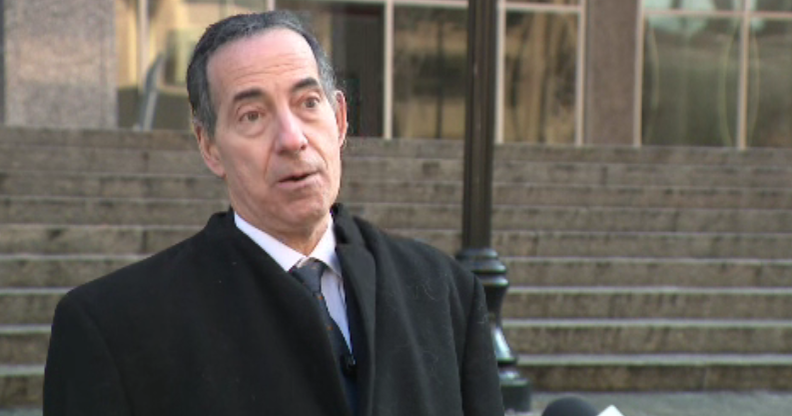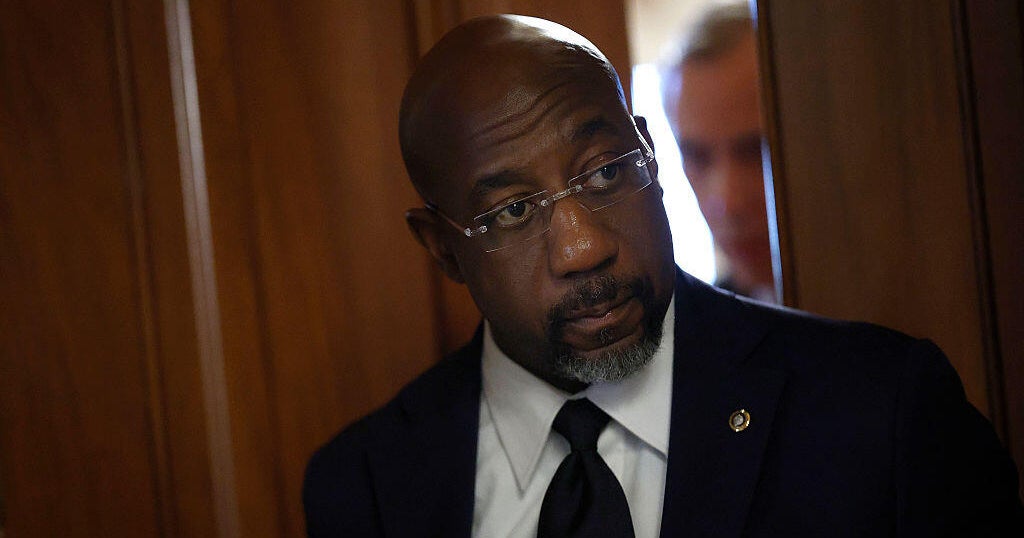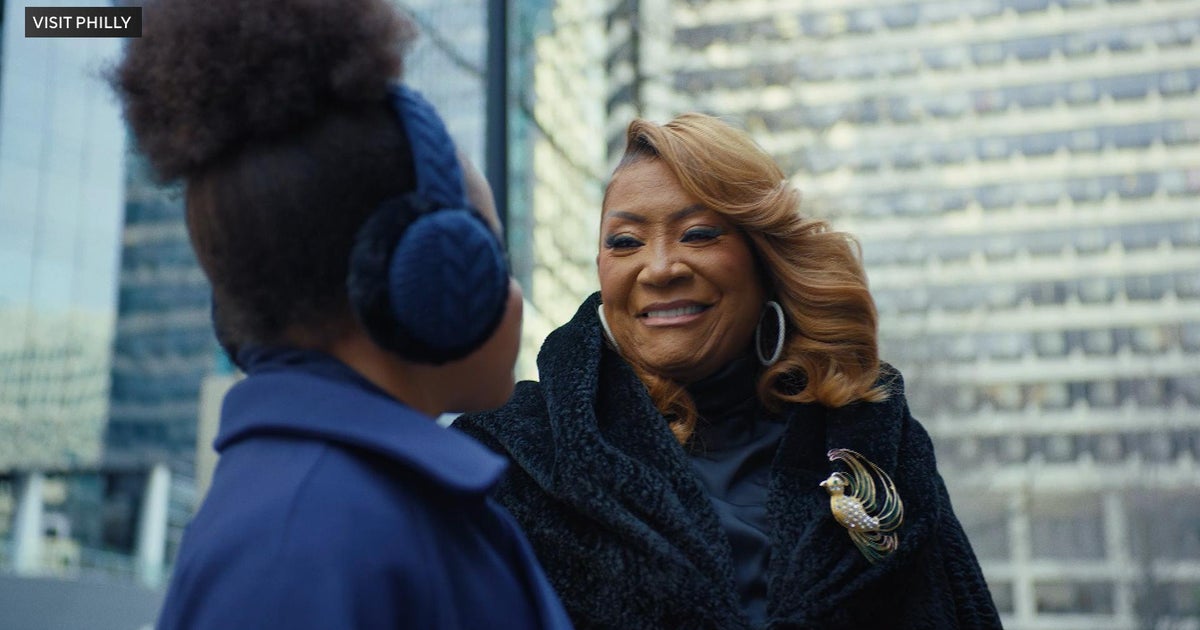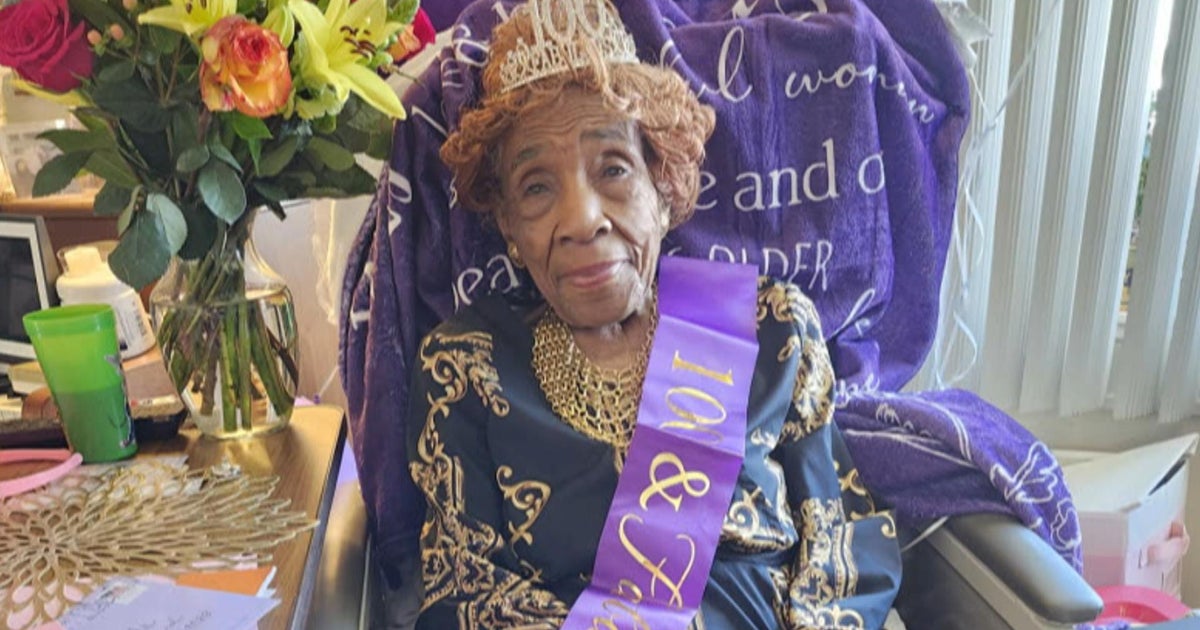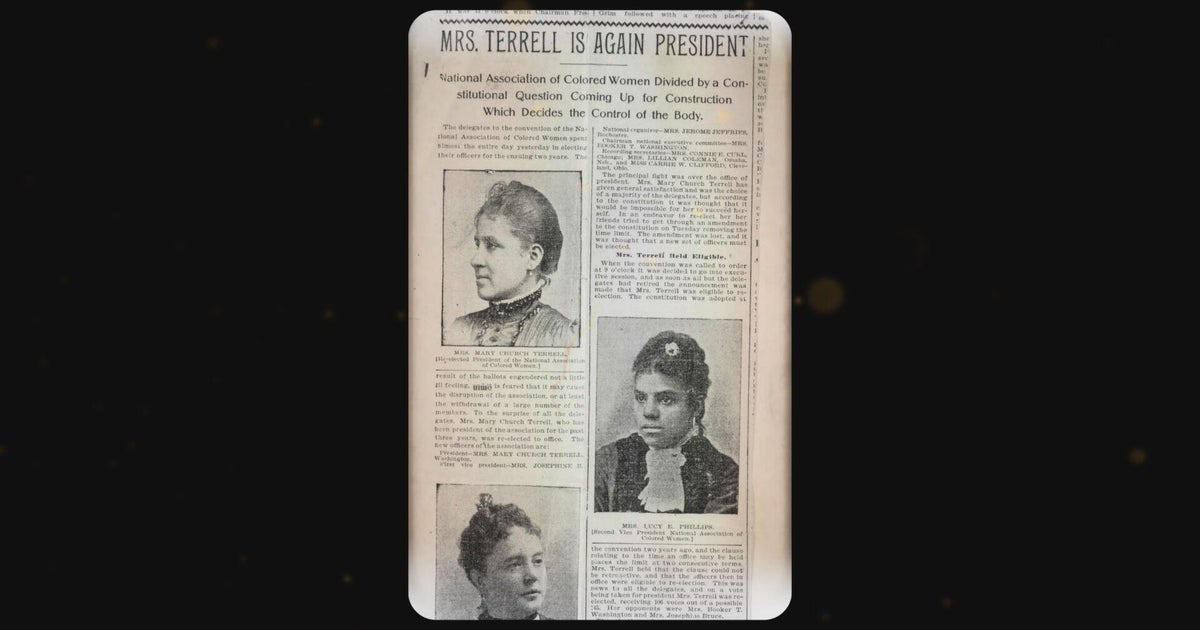Women's History Month: A Look At The Life And Legacy Of Barbara Mikulski
BALTIMORE (WJZ) -- For nearly 50 years, Senator Barbara Mikulski represented Baltimore and Maryland in the U.S. Senate, becoming one of the most powerful women in the history of Congress.
With March being Women's History Month and 2020 being the 100th anniversary of the 19th Amendment, which granted women the right to vote, WJZ anchor Denise Koch spent some time with Mikulski at the new room named in her honor at the Enoch Pratt Central Library to learn more about her career and legacy.
The senator came from east Baltimore, where she was educated by the nuns at Baltimore's Institute of Notre Dame.
"Apply yourself, Ms. Mikulski, apply yourself. Which meant pay attention, don't be so mouthy," she recalled with a laugh.
Originally, Mikulski went into social work, working as a child welfare worker at Catholic Charities. Eventually, she found politics.
"I heard about the highway that they were running through (the) east side, through Canton, Fells Point then through the African American community," she said.
The proposed highway connecting Interstates 83 and 95, would have disrupted communities. Years later, the project was re-engineered and became the Fort McHenry Tunnel.
It galvanized Mikulski, who then ran for city council.
"They said 'You can't win, Barb,'" she recalled. "... But they under-estimated the volunteers at the grassroots. We had such fun. The beauty shop operators devoted a couple of Friday nights and gave their tips. They had Friday nights called 'Beehives for Barb.'"
The efforts paid off, and she was sworn in as the only woman on the council.
Six years later in 1977, Mikulski became a congresswoman.
"When I got there there were people, Shirley Chisholm, who always said, 'We're gonna be unbought and unbossed' and I went 'Oh, yes, that's for me,'" she said.
During her time in the House of Representatives, lawmakers passed the Equal Rights Amendment. But her work fighting for equality didn't stop there.
"I remember picketing the (Baltimore) Sunpaper when they had two separate columns for ads, one for men's jobs and one for women's jobs," she recalled.
In 1987, it was Senator Mikulski who chaired the powerful appropriations committee. Dubbed "The Dean of Women," she reached out to women on both sides of the aisle.
"We would be a zone of civility, that no matter what when we debated, it would be civility (with) intellectual rigor, good manners," she said.
"I said, 'Just watch us, today, tomorrow and you'll see we intend to be a force.' And we were," she recalled.
She also broke the dress code, becoming the first woman to ever walk onto the Senate floor wearing pants.
"I felt like I landed on the moon. One small step for womankind, one big step for generations to come," she said.
It wasn't always easy, though; Mikulski recalled multiple instances in which she was treated differently than her male counterparts.
"I would give a talk. The first thing I'd hear when I walked off the stage was, 'Gee you looked good. Loved your hair!' or 'We gotta do something about that hair,'" she recalled. "Nobody ever said that about Sarbanes."
In a career spanning decades, one might think she has some regrets. Not so.
"I actually am blessed enough to say I have no regrets," she said.
And when asked what kept her going, Mikulski boiled it down to a few things.
"At the end of the day, it's really your friends and your family who do sustain you," she said. "And of course your faith."
Mikulski retired in 2017 and is now the Homewood Professor of Political Science at Johns Hopkins University.

